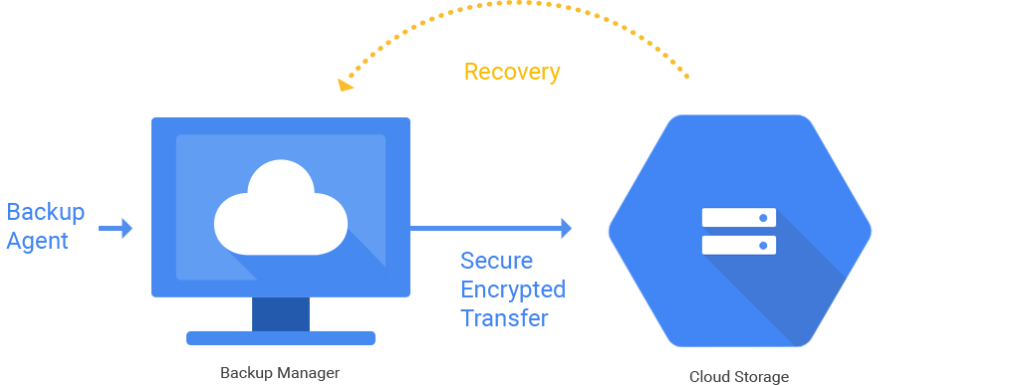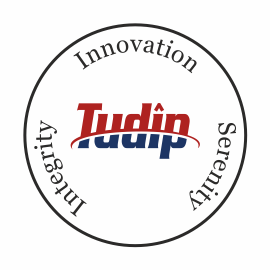What is Google Cloud Storage?
Cloud storage is the unstructured data service on Google Cloud that is arranged within buckets and objects inside those buckets. It holds everything that is in digital format which includes pictures, videos, files, scripts and even databases for transfer/backup . It has virtually infinite size.
We do not have to pay a pre-allocated amount for the storage. Google storage only charges for the storage which you use.

Objects and Buckets
The primary unit in GCP storage is a bucket. It’s access is managed via IAM. Objects are used inside the bucket and they inherit permissions from buckets and projects. GCS is an object stored system which is not used for block storage. It has different write and performance characteristics compared to multiple disks and hard drives.
Storage classes
In GCS there are different storage classes having different pricing tiers for GCS records. The differences in these storage classes are the Geo locations, the SLA attached to it and also restrictions on operations to it.
Security in Cloud Storage
There are two methods that can be applied to GCS buckets for security are: IAM (Identity Access Management) and ACL (Access Control List). We can grant the IAM to storage buckets individually. It is possible to grant access to manage the bucket but not view the objects inside the bucket. Standard storage roles are applied to the project or bucket and legacy roles are applied to bucket or object levels. ACL defines access to buckets/objects and what level of Access is given to them. Object inherits ACL from default bucket ACL but can also be independent.
The best practice is to use IAM over ACL as if gives Enterprise grade control across all of GCP.
Command Line Tool
gsutil command is a python application that lets you access Cloud Storage from the command line. Gsutil is used for wide range of bucket and object management task including:
- Creating and deleting buckets.
- Uploading downloading and deleting objects.
- Listing buckets and objects.
- Moving, copying and renaming objects.
- Editing objects and bucket ACL’s.
Conclusion
In this article, we got to know about the different storage building blocks in the Cloud. It also provided a good overview of the different storage services available in Google Cloud. They are quite easy to grasp and provide a huge amount of flexibility to develop different types of systems in the Cloud.









